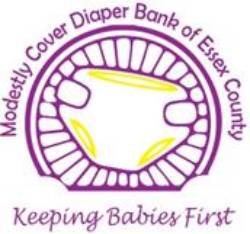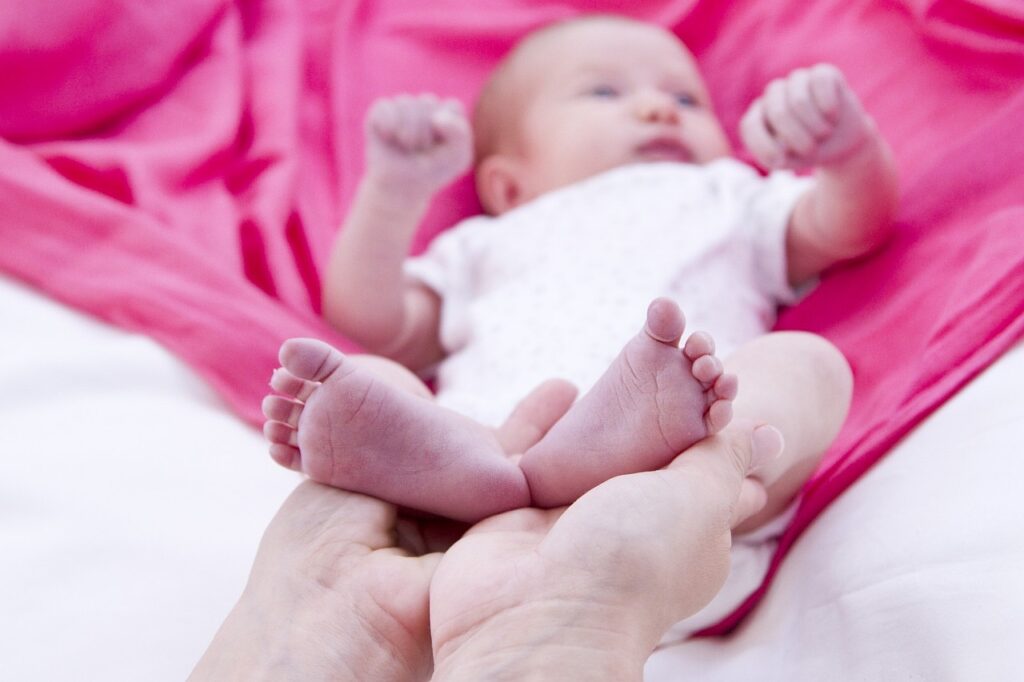Your baby will spend the majority of the first week sleeping. Remember to always follow the ABC’s – Alone – on their Backs and in a Crib.
Ensure your baby is in their own crib or bassinet, and the sleep environment is safe. Avoid overheating, and ensure your baby is in a smoke- free environment. It is common for one week old babies to fall asleep when they are feeding. Feeding takes a lot of energy. When your baby is sleeping, they are conserving energy and releasing growth hormones. Much of your baby’s sleep at this age will be spent in REM (rapid eye movement) sleep, which is vitally important for their early brain development and growth.
Sudden infant death syndrome, otherwise known as SIDS, sounds scary and it is! Some parents don’t believe its as serious as they say. Experts including the nurses who care for you in the hospital during labor and birth, know that for the most part these deaths can be prevented with safe sleep practices. SIDS is the tradition term used by the Centers for Disease Control and Prevention (CDC) for all sleep-related infant deaths. SIDS deaths are part of a broader category of infant loss in the first year called sudden unexpected infant death, or SUID instead of SIDS. Every year, approximately 3,400 babies die of SUID each year, say experts at the CDC. How Parents Can Reduce SIDS Risk:
Researchers have identified the following factors that may put a baby at increased risk for SIDS:
- Being born premature
- Breathing in secondhand smoke; babies who live with smokers have increased SIDS risks
- Being BIPOC (Black, Indigenous or a Person of Color)
- Family history of SIDS incidents
- Being male—boys are slightly more likely to die of SIDS
- Being 4-6 months old—this is when all infants are more vulnerable to SIDS
Let’s keep our little ones safe and be mindful of SIDS….


